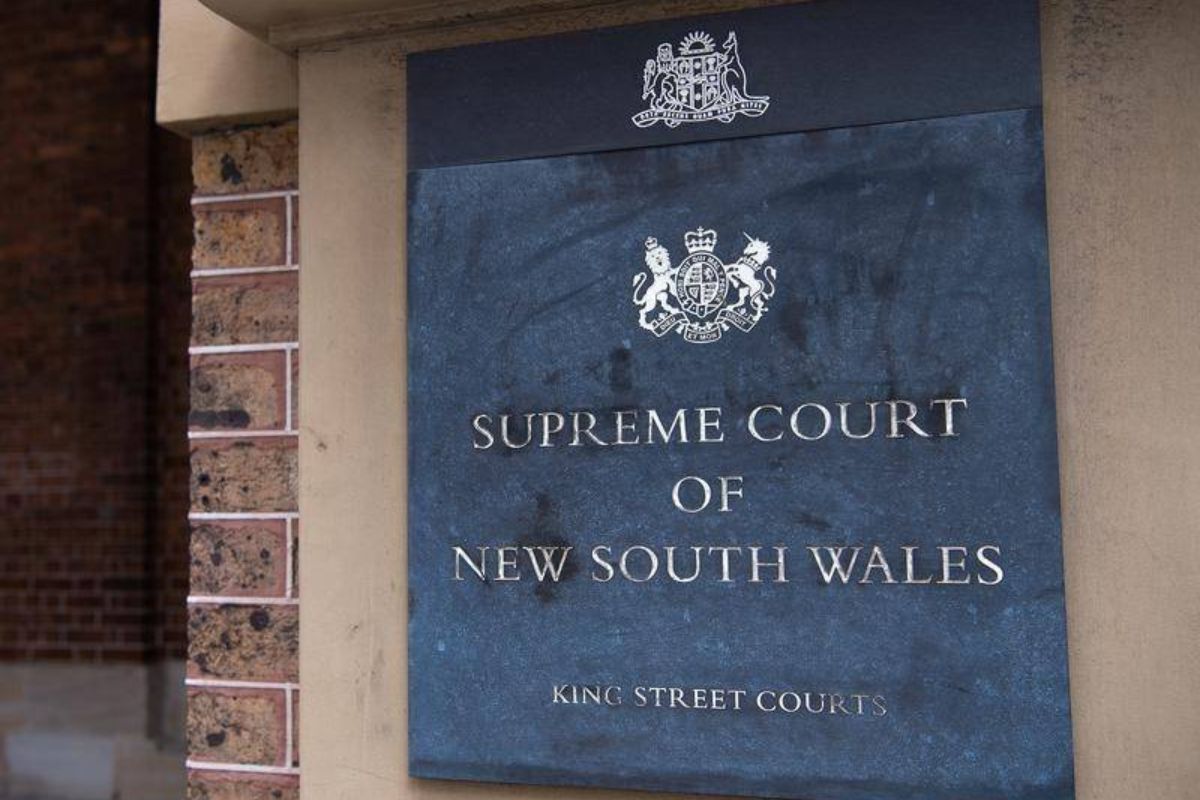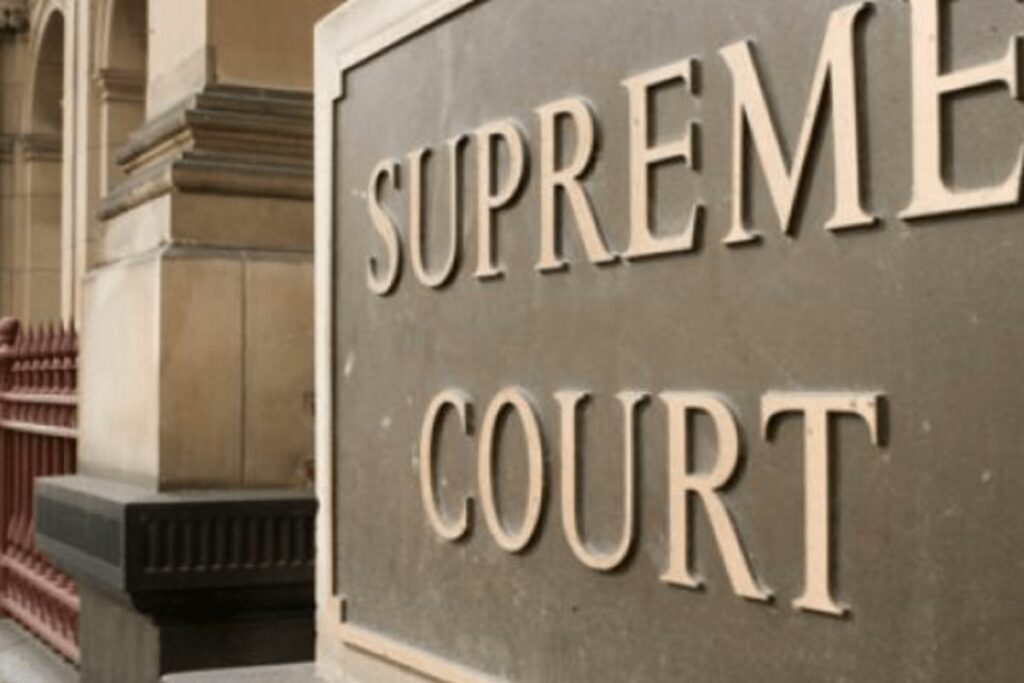When do you apply for bail in the supreme court?
A person may apply for bail in the Supreme Court when they have been refused bail by the police, a local court magistrate or a district court judge.
Generally, supreme court bail applications are made when an individual is in custody on charges that are to be dealt with on indictment in the Supreme Court or a matter after bail has previously been refused by a magistrate.

Supreme court powers
Under Section 66 of the Bail Act 2013, the NSW Supreme Court has the power to grant bail after a person has already been refused bail in a lower court.
How to make a supreme court bail application
To make a Supreme Court bail application, the following steps must be followed before the bail hearing:
- Prepare and file a written Supreme Court bail form with the Supreme Court Registry;
- The Court will provide a date for callover and the release application itself;
- All documents must be filed by the callover date and confirmation by the Crown and applicant that it can proceed;
- The case will then be listed for a Supreme Court bail hearing, where the application will be heard.
The Supreme Court retains the right to refuse a bail application in cases where bail has already been refused by a judge or magistrate in a lower court.
Who can make the application?
The accused or a lawyer can apply for bail after a bail application has been refused in a lower court.
Repeat Bail Applications
Generally, individuals are only able to make one bail application to the supreme court; however, they may hear repeat bail applications in specific circumstances pursuant to Section 74 of the Bail Act, including when:
- The applicant was not legally represented when the prior bail application was made and is now legally represented;
- There is new material information that was not presented to the court on the previous application;
- There has been a change in circumstances relevant to the grant of bail have changed since the previous application.
Can I apply for bail if my case is awaiting appeal?
Individuals can still apply for bail while their case is pending on appeal. The likelihood of success of the appeal is a key consideration in the success of the bail application; however, it is still subject to the show cause and unacceptable risk tests.
‘Show Cause’ Bail Applications in the Supreme Court
Predominantly, Supreme Court bail applications involve ‘show cause’ offences. These are more serious offences in which bail must be refused unless the defendant can show the Court why their detention is not justified.
These offences are prescribed under Section 16B of the Bail Act 2013 and include:
- Offences punishable by life imprisonment;
- Certain firearm offences
- Serious drug offences
- Serious indictable offences that were committed while the applicant was already out on bail
‘Unacceptable Risk’
If an individual has been able to show why their detention is not justifiable through the ‘show-cause’ test, then the court will then apply the ‘unacceptable risk test’. This refers to whether the court is able to apply appropriate bail conditions to ameliorate any possible bail concerns or risks.
A ‘bail concern’ is defined under Section 17(2) of the Bail Act as a concern that the accused person, if released from custody, will:
- Fail to appear at any proceedings for the offence; or
- Commit a serious offence; or
- Endanger the safety of victims, individuals or the community; or
- Interfere with witnesses or evidence
Bail will be refused if these concerns cannot be mitigated through appropriate bail conditions.
What will happen in court?
Generally, it will take at least two weeks before a matter has been processed and listed by the Supreme Court of NSW Registry. After this period, your application will be heard in court, and evidence will need to be presented from people that will support your bail application. In particular, evidence will be required from those that will assist you with a security deposit or who you might live with until your given court date. These people may need to produce affidavit material and need to physically attend the Supreme Court on the day of your bail hearing.
Key Takeaways
- Supreme Court bail applications in NSW are typically pursued after bail is refused in lower courts, addressing serious charges or changed circumstances.
- The application process involves formal documentation, scheduling for a hearing, and may require supporting evidence from associates.
- Bail applications are subject to 'show cause' and 'unacceptable risk' assessments, evaluating the necessity of detention and potential risks if released.
- Success depends on showing why detention isn't justified and mitigating any concerns that might pose unacceptable risks if released on bail.
What if a supreme court bail application is refused?
Section 67 of the Bail Act prescribes that the Court of Criminal Appeal may hear a bail application; however, this only occurs in limited circumstances.
Such circumstances include where:
- The Court has ordered a new trial, and it has not commenced.
- The Court has made an order to continue committal proceedings.
- The Court has directed a stay of execution of a conviction.
- An appeal from the Court is pending in the High Court.
Written By

James Janke
James Janke is founding partner at Hamilton Janke Lawyers, and has more then decade of experience as a Criminal Defence Lawyer. Admitted to both the Supreme Court of New South Wales and High Court of Australia




